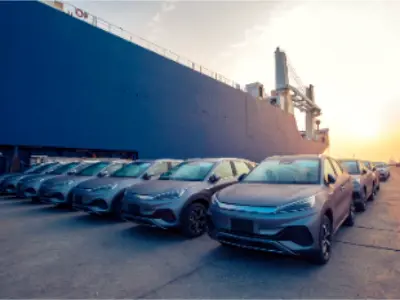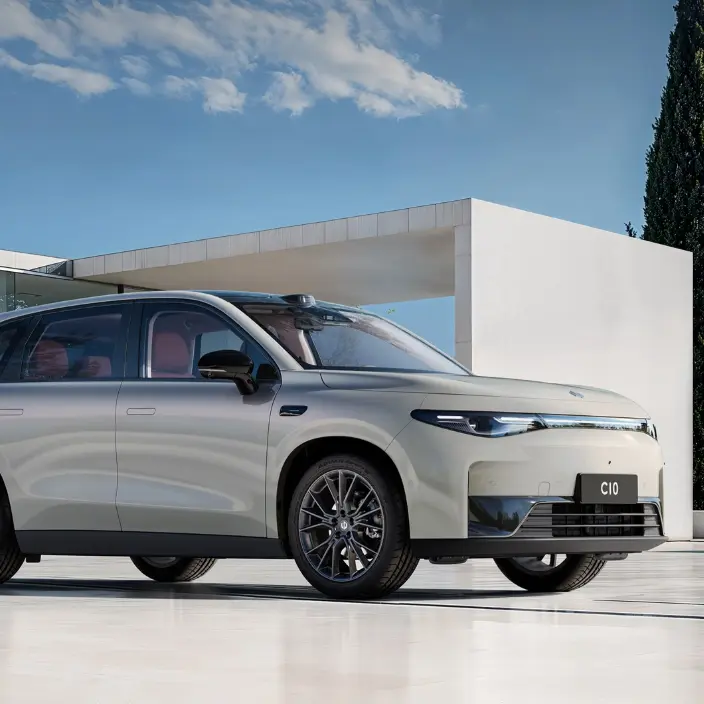Battery life of New Energy Vehicles: Considerations from Theory to Reality
From a theoretical design perspective, the mainstream ternary lithium batteries have a cycle life of approximately 1,000 to 2,000 times. Calculated at 400 kilometers per charge, they can support a range of 400,000 to 800,000 kilometers. Lithium iron phosphate batteries are more durable, with a cycle life of 2,000 to 3,500 times and a potential range of 800,000 to 1.4 million kilometers. Many battery enterprises are still making continuous breakthroughs. For instance, the lifespan of some batteries of CATL can reach 16 years or 2 million kilometers, fully demonstrating its technological confidence.
In actual use, the performance of battery life is more diverse. When the first batch of BYD https://www.tianliauto.com/byd/ e6 taxis in China were compulsively scrapped after eight years, many had already run over one million kilometers and their performance remained stable. However, there are also individual cases. For instance, within three years, the range of a certain ride-hailing car dropped from 510 kilometers to 320 kilometers, and the battery health rate was only 71%. This is the result of the combined effect of multiple factors.
There are numerous key factors that affect battery life. There are inherent differences in battery types. Ternary lithium batteries have a high energy density but a relatively short lifespan, while lithium iron phosphate batteries have a longer cycle life but slightly inferior low-temperature performance. The influence of usage habits should not be ignored either. Frequent fast charging, long-term full charging and discharging, or using in extremely cold environments will all accelerate battery degradation. However, advanced vehicle technologies can alleviate these problems. For instance, the precise temperature control system of BYD's Blade battery extends its lifespan by 25% compared to traditional batteries.
To safeguard the rights and interests of car owners, automakers have been continuously strengthening their battery warranty policies. The current mainstream market solution is an 8-year or 120,000-kilometer basic warranty, which covers the golden period of vehicle use and provides a fundamental guarantee for battery performance. Some leading brands such as NIO https://www.tianliauto.com/nine/ and BYD have even launched lifetime warranty services for the three electric systems. However, it should be noted that these services usually have usage restrictions: for instance, they require the owner to drive no more than 30,000 kilometers per year, are only available to the first owner, and maintenance must bE Carried out at officially designated service points. When purchasing a car, car owners should carefully read the warranty terms. During daily use, they should avoid behaviors that damage the battery, such as excessive charging and discharging, and exposure to high temperatures and direct sunlight. They should also regularly check the battery's health through official channels. Only by fully understanding the warranty policy and adopting scientific driving habits can the "heart" of new energy vehicles - the power battery - maintain a strong "pulse" throughout its entire life cycle.
















